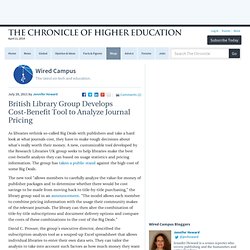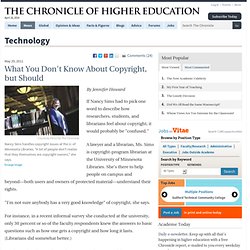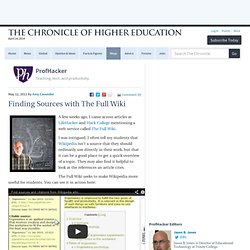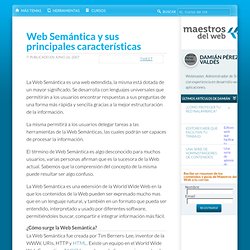

ERIC – World’s largest digital library of education literature. Wired Campus. As libraries rethink so-called Big Deals with publishers and take a hard look at what journals cost, they have to make tough decisions about what’s really worth their money.

A new, customizable tool developed by the Research Libraries UK group seeks to help libraries make the best cost-benefit analysis they can based on usage statistics and pricing information. The group has taken a public stand against the high cost of some Big Deals. The new tool “allows members to carefully analyze the value-for-money of publisher packages and to determine whether there would be cost savings to be made from moving back to title-by-title purchasing,” the library group said in an announcement.
“The model allows each member to combine pricing information with the usage their community makes of the relevant journals. The library can then alter the combination of title-by-title subscriptions and document delivery options and compare the costs of these combinations to the cost of the Big Deals.” David C. COFA Online Gateway. What You Don't Know About Copyright, but Should - Technology. By Jennifer Howard If Nancy Sims had to pick one word to describe how researchers, students, and librarians feel about copyright, it would probably be "confused.

" A lawyer and a librarian, Ms. Sims is copyright-program librarian at the University of Minnesota Libraries. She's there to help people on campus and beyond—both users and owners of protected material—understand their rights. "I'm not sure anybody has a very good knowledge" of copyright, she says. For instance, in a recent informal survey she conducted at the university, only 30 percent or so of the faculty respondents knew the answers to basic questions such as how one gets a copyright and how long it lasts. For the multitudes out there who are copyright-confused, here are some pointers Ms. If you think you don't own any copyrights, think again. At the rights sessions she holds for small groups of faculty members, she asks them if they own any copyrights. Don't be ruled by fear. Using Technology in Library Management Session 1. Journal of Library Administration.
Finding Sources with The Full Wiki. A few weeks ago, I came across articles at LifeHacker and Hack College mentioning a web service called The Full Wiki.

I was intrigued. I often tell my students that Wikipedia isn’t a source that they should ordinarily use directly in their work, but that it can be a good place to get a quick overview of a topic. They may also find it helpful to look at the references an article cites. The Full Wiki seeks to make Wikipedia more useful for students. You can see it in action here: Some of the references that pop up go beyond what’s listed in the works cited section of the Wikipedia article, and may well be useful to students, as seen in the example below [click on any of the images below for a larger version]: At this point, however, The Full Wiki won’t work for all articles in Wikipedia: That’s to be expected, though, as the service is currently in beta. After exploring The Full Wiki for a while, I came to the following conclusions: However: (3) The usual caveats apply. Return to Top. Moleskine ® - Legendary notebooks.
DCMI Home: Dublin Core® Metadata Initiative (DCMI) Public Library of Science. El profesional de la información. Gallica Biblioteca digital - Más de un million de libros y documentos en acceso gratuito. Social Bookmarking in Plain English - Transcription in progress. Diigo Marcador Social - Transcribed. Constructing Digital Commonplace Texts Using Diigo, VoiceThread, VideoAnt, and YouTube Annotations in the Classroom. Search Results for: DIIGO. RSS in Plain English - 54 Translation. Web Semántica y sus principales características. La Web Semántica es una web extendida, la misma está dotada de un mayor significado.

Se desarrolla con lenguajes universales que permitirán a los usuarios encontrar respuestas a sus preguntas de una forma más rápida y sencilla gracias a la mejor estructuración de la información. La misma permitirá a los usuarios delegar tareas a las herramientas de la Web Semánticas, las cuales podrán ser capaces de procesar la información. El término de Web Semántica es algo desconocido para muchos usuarios, varias personas afirman que es la sucesora de la Web actual. Sabemos que la comprensión del concepto de la misma puede resultar ser algo confuso.
La Web Semántica es una extensión de la World Wide Web en la que los contenidos de la Web pueden ser expresado mucho mas que en un lenguaje natural, y también en un formato que pueda ser entendido, interpretado y usado por diferentes software, permitiéndoles buscar, compartir e integrar información más fácil. Brainstorm and mind map online.